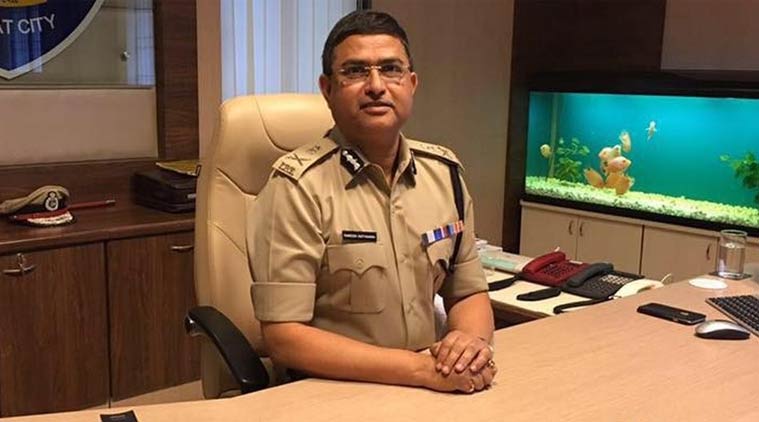 (Photo Source: Rakesh Asthana / Facebook)
(Photo Source: Rakesh Asthana / Facebook)
In pursuing the matter at the heart of the ongoing controversy in the CBI, naming its special director Rakesh Asthana as an accused in an FIR of bribery a fortnight ago, the agency had sought and received a favourable opinion from the Additional Solicitor General (ASG) that no “prior approval of the competent authority” was required under the Prevention of Corruption (Amendment) Act, 2018.
In response to specific queries sent by the CBI without naming anyone, ASG P S Narasimha said in a detailed reply that “for clarity, I reiterate that registration of FIR/ PE [preliminary enquiry] will not await the previous approval required under Section 17A”.
This opinion of October 15, which has been accessed by The Indian Express, led to Asthana being named accused in an FIR filed by CBI the same evening.
Explaining his opinion, the government’s law officer noted, “The Supreme Court has made this position of law absolutely clear when it declared in Lalita Kumari vs. Govt of UP 2014 2 SCC 1 that registration of FIR is mandatory if the information given to the police under Section 154 CrPC discloses the commission of a cognizable offence. Once the cognizable offence comes to light, the same must be registered as an FIR or PE, as the case may be.”
ASG Narasimha stated, “The mandatory requirement to register an FIR/ PE and the ‘prior approval’ under Section 17A operate in different fields. At the first place, FIR/ PE must be registered the moment a cognizable offence comes to the notice of the law enforcing authorities.”
The cognizable offence against Asthana came to light on October 15 after Hyderabad-based businessman Sathish Babu Sana — a witness in the Moin Qureshi case that was being probed by a team under Asthana — gave a written complaint to CBI. In his complaint, the gist of which he had given in a statement to a magistrate on October 4, Sana alleged that he had paid a bribe of more than Rs 2 crore to Asthana through Dubai-based middleman Somesh Prasad and his Delhi-based brother Manoj Prasad.
Manoj was arrested from Delhi airport on October 17 on his arrival from Dubai.
Section 17A was inserted in Prevention of Corruption Act, 1988, from July 26 this year after the Act was amended. While “the purpose and object of introducing the said Section is to provide a safeguard against enquiry, inquiry or investigation into offences only after the previous approval of Government(s),” the ASG stated, “this safeguard is confined to cases where the alleged offence is relatable to any recommendation made or decision taken by the public servant in the discharge of its public duties” (emphasis in original).